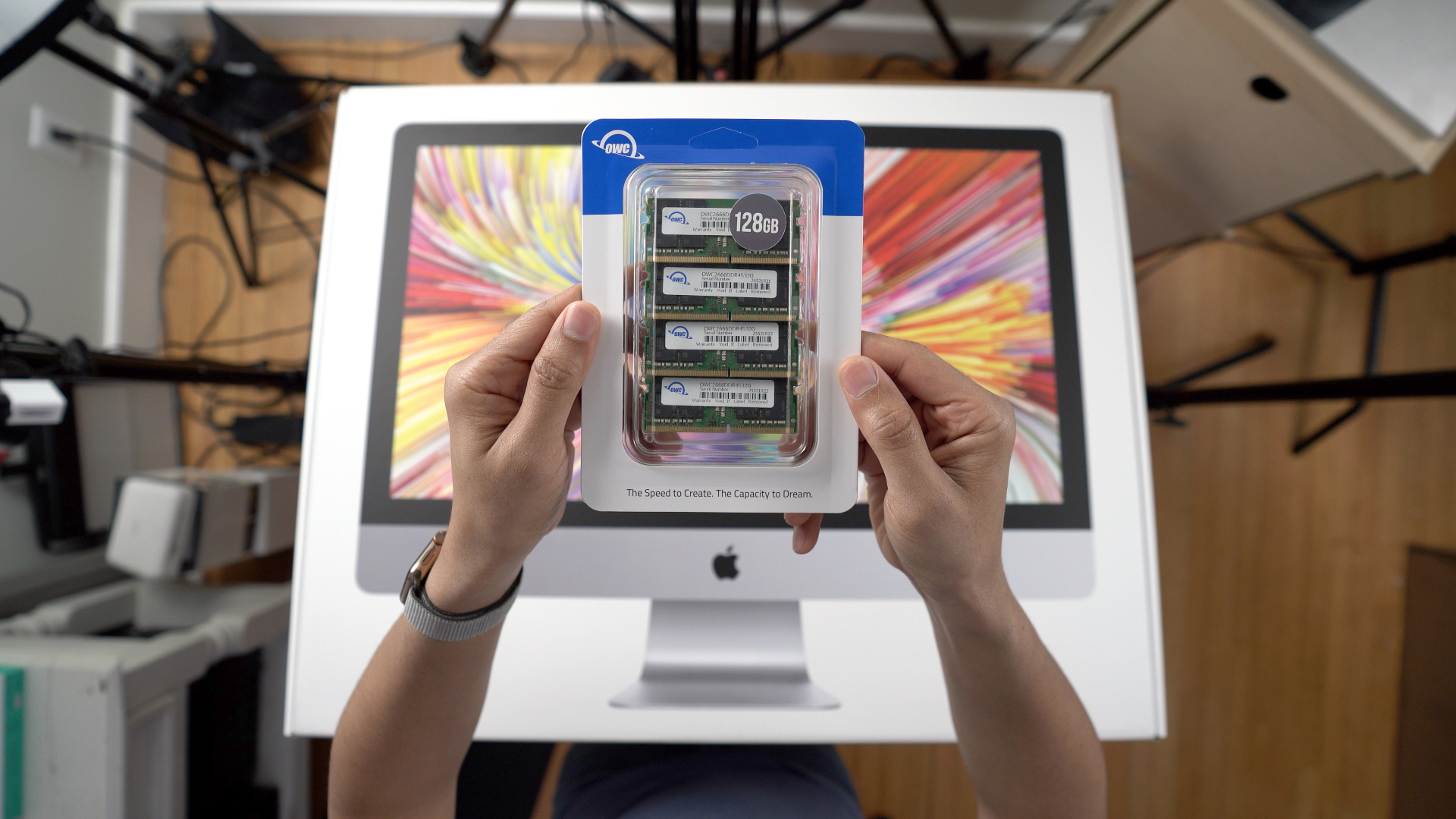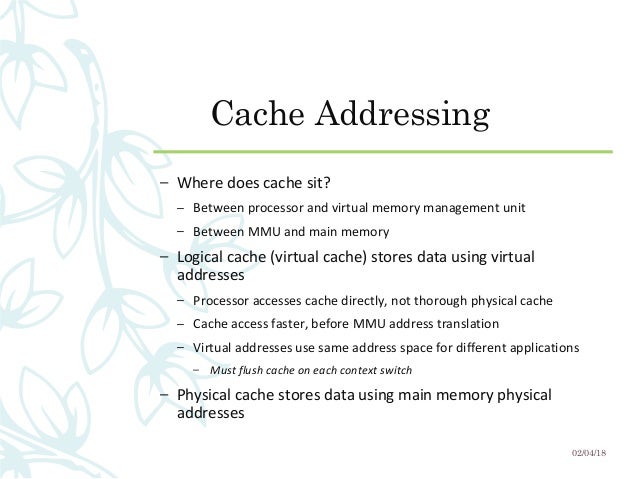Does It Matter Which Memory Slot I Use Imac
Apple Compatible iMac SDXC - SDHC - SD Cards

Another option is to use a software utility or an online service, for example, CPU-Z. It is a free utility that can scan your computer and inform you about the installed memory and available slots. For example, there are 2 RAM slots on your laptop, the chipset supports a maximum amount of 16 GB. Still, unlike Apple’s laptops, at least it has a memory card slot. The iMac supports 802.11ac for Wi-Fi, and, in an upgrade from last year’s model, also supports Bluetooth 5.0.
Aluminum Intel iMac SD Slot Location
Does It Matter Which Memory Slot I Use Imac 21.5
 Starting with the glass panel unibody aluminum iMac desktop computers, Apple started including an SDHC card slot on the right-hand side of the machines located just below the SuperDrive CD/DVD burner opening.
Starting with the glass panel unibody aluminum iMac desktop computers, Apple started including an SDHC card slot on the right-hand side of the machines located just below the SuperDrive CD/DVD burner opening.Later models revised the slot to support SDXC - (e)Xtended Capacity cards up to 1 Terabyte. So the model / year of your iMac system will determine if it’s SD and SDHC compatible, or if it’s a later model that also supports SDXC as well.
Slim Aluminum Retina iMac SDXC Slot Location

 Apple continued to include an SDXC compliant, SDHC - SD backward compatible Secure Digital memory card slot on the slimmer aluminum iMac systems. This revision moved the slot the rear of the iMac alongside the audio, Gigabit ethernet, USB 3.0 and ThunderBolt ports instead of on the right-hand side of the display. The slot remains on the latest Thunderbolt 3 Retina iMac's as well.
Apple continued to include an SDXC compliant, SDHC - SD backward compatible Secure Digital memory card slot on the slimmer aluminum iMac systems. This revision moved the slot the rear of the iMac alongside the audio, Gigabit ethernet, USB 3.0 and ThunderBolt ports instead of on the right-hand side of the display. The slot remains on the latest Thunderbolt 3 Retina iMac's as well.| iMac SDXC Card | SDXC Card For iMacs | SDHC Card For iMac |
|---|---|---|
| SanDisk Extreme Pro SDXC Up To 95MBps Speed | PNY Elite SDXC Card Up To 90MBps Speed | Transcend Class 10 Up to 90MBps |

Does It Matter Which Memory Slot I Use Imac Computers
With the latest generation of Secure Digital flash memory SD cards at the high-end, we're seeing Read / Write speeds rivaling and outperforming conventional mechanical hard drives. So, not only has capacity increased but speed has increased greatly - though the data rates still fall far short of full-blown solid-state drives.